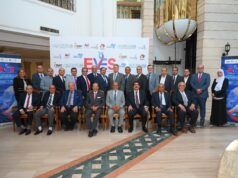 Access Vascular has shared initial findings from a retrospective review of patient records that demonstrate an increase in dwell times compared to other commercially available devices and no complications when using the company’s consistently hydrophilic materials for midline catheters.
Access Vascular has shared initial findings from a retrospective review of patient records that demonstrate an increase in dwell times compared to other commercially available devices and no complications when using the company’s consistently hydrophilic materials for midline catheters.
As a result of a three-month retrospective evaluation of 29 HydroMID midline catheters at a long-term, acute care US hospital conducted in early 2022, Access Vascular’s biomaterial-based catheters were found to have an average dwell time of 15.8 days. Furthermore, there were no incidences of phlebitis, occlusion, deep vein thrombosis (DVT), or bloodstream infections.
Traditional, polyurethane-based midline catheters have a median dwell time of only six days and an incidence of phlebitis of up to 35%, exhibit up to 7% rate of DVT, a 0.88% incidence of catheter-related bloodstream infection and an average occlusion rate of 22%.
“Midlines are an essential vascular access tool, but clinicians have been hampered for years by polyurethane-based catheters that must continually be replaced or that lead to unnecessary and frequent complications,” said Access Vascular chief executive officer James Biggins. “These new data show that choosing the right catheter can make all the difference, giving clinicians the trust and competence they desire from their vascular access devices. We are confident that new, ongoing studies will demonstrate even longer dwell times for Access Vascular’s biomaterial-based catheters.”
According to Access Vascular, its patented hydrophilic biomaterial catheters mimic the body’s chemistry to significantly reduce the most common and costly complications associated with vascular access procedures. The company claims that use of its devices may meaningfully improve patient outcomes.













